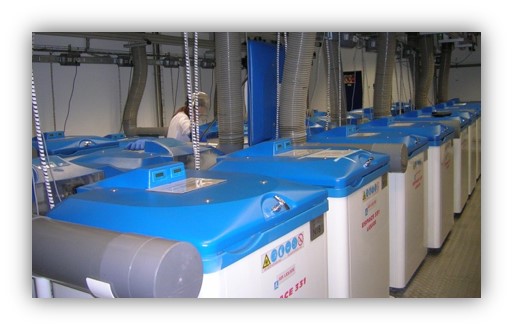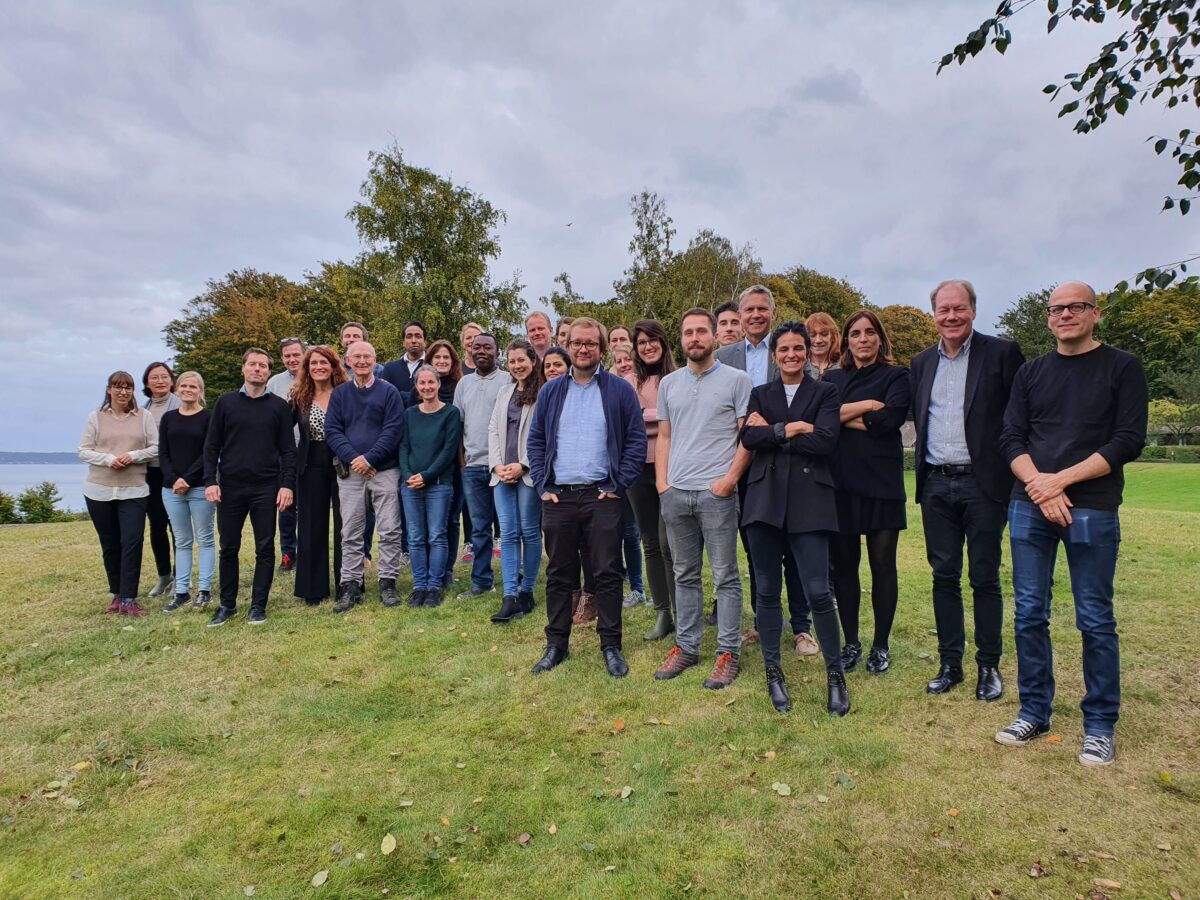Rigshospitalet leads WP4 and WP9 within REACT. Furthermore, Righospitalet also participates in WP2, WP6 and WP9.
Dr. Sisse R. Ostrowski leads WP4 and participates in WP2. Importantly, the group of Dr. Sisse R. Ostrowski is focused on translational research in precision medicine through biobanks and large-scale genetic-epidemiologic and biomarker studies. The group has a focus on the development of immunopprofiling as a diagnostic tool for tailored care in patients with (suspect) immune dysfunction or undergoing immunomodulating interventions, mapping iatrogenic- and host factors interacting with the immunophenotype.
In WP9 the group of Dr. Susanne Dam Poulsen from the Department of Infectious Disease of Rigshospitalet will test new prognostic biomarkers and potential treatments. Under the lead of Dr. Dam Poulsen biomarkers identified in WP4-8 will be integrated in algorithms to identify patients in need of a given treatment. Further work will involve preparing genetic and adaptive trial protocols that are conditionally pre-approved by ethics and regulatory authorities
Likewise, through the participation of Dr. Peter Garred, the scientific coordinator of Rigshospitalet and leader of the Laboratory of Medicine, REACT will count with expertise on understanding the structure and molecular genetics of the complement system in general and the lectin pathway in particular. This understanding will be fundamental for the proper development of WP5 and WP6. Importantely, during the COVID-19 pandemic, Peter Garred Laboratory developed multiple serological and cell-based assays to investigate the humoral and cellular immune responses against SARS-CoV-2 and vaccine responses and expanded focus to B and T cell immunity. The research team is experienced in the expression and production of recombinant proteins as well as the production of monoclonal antibodies. Moreover, the aforementioned setup enables large-scale serological and cellular immune analyses on different platforms.




